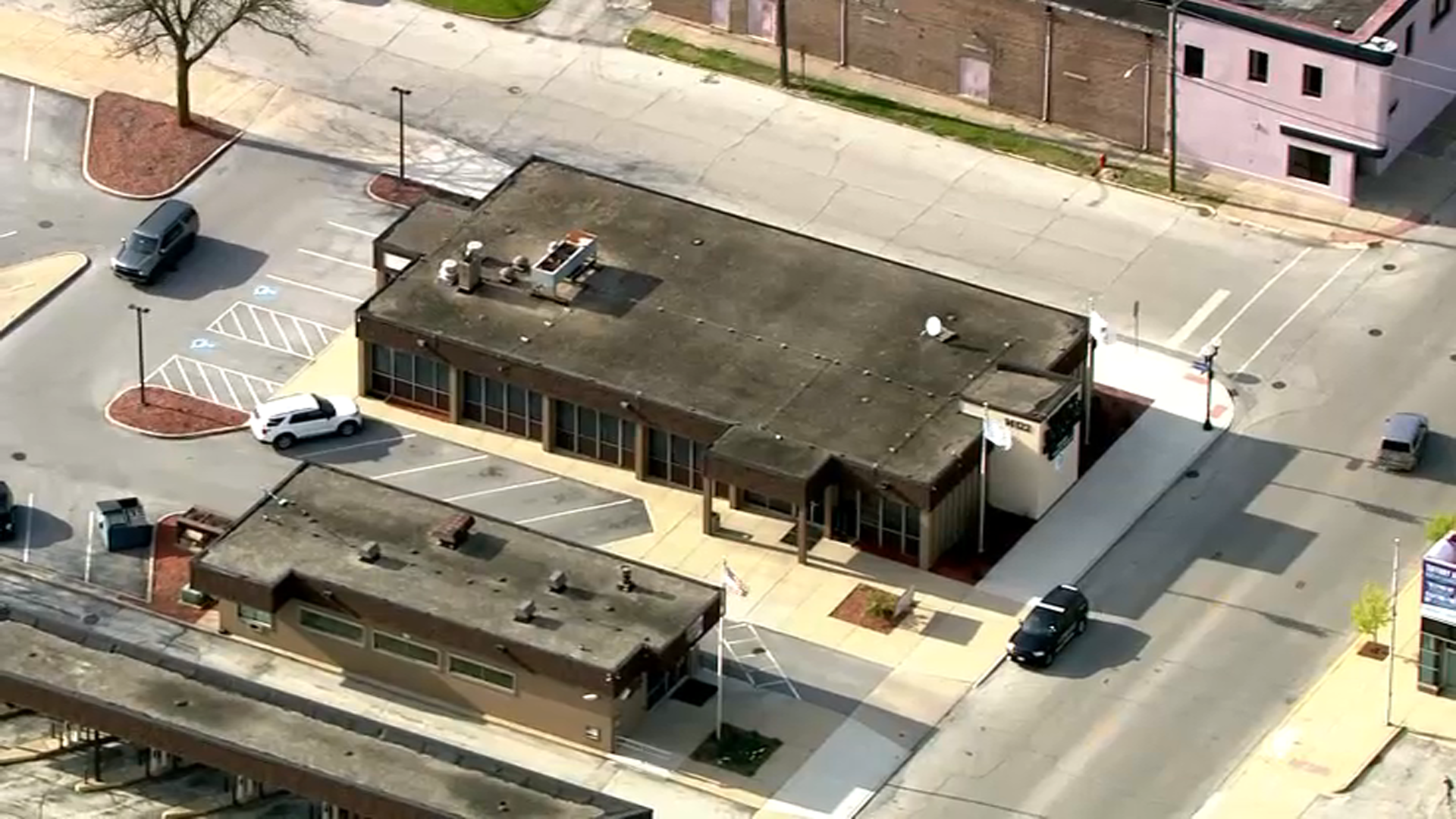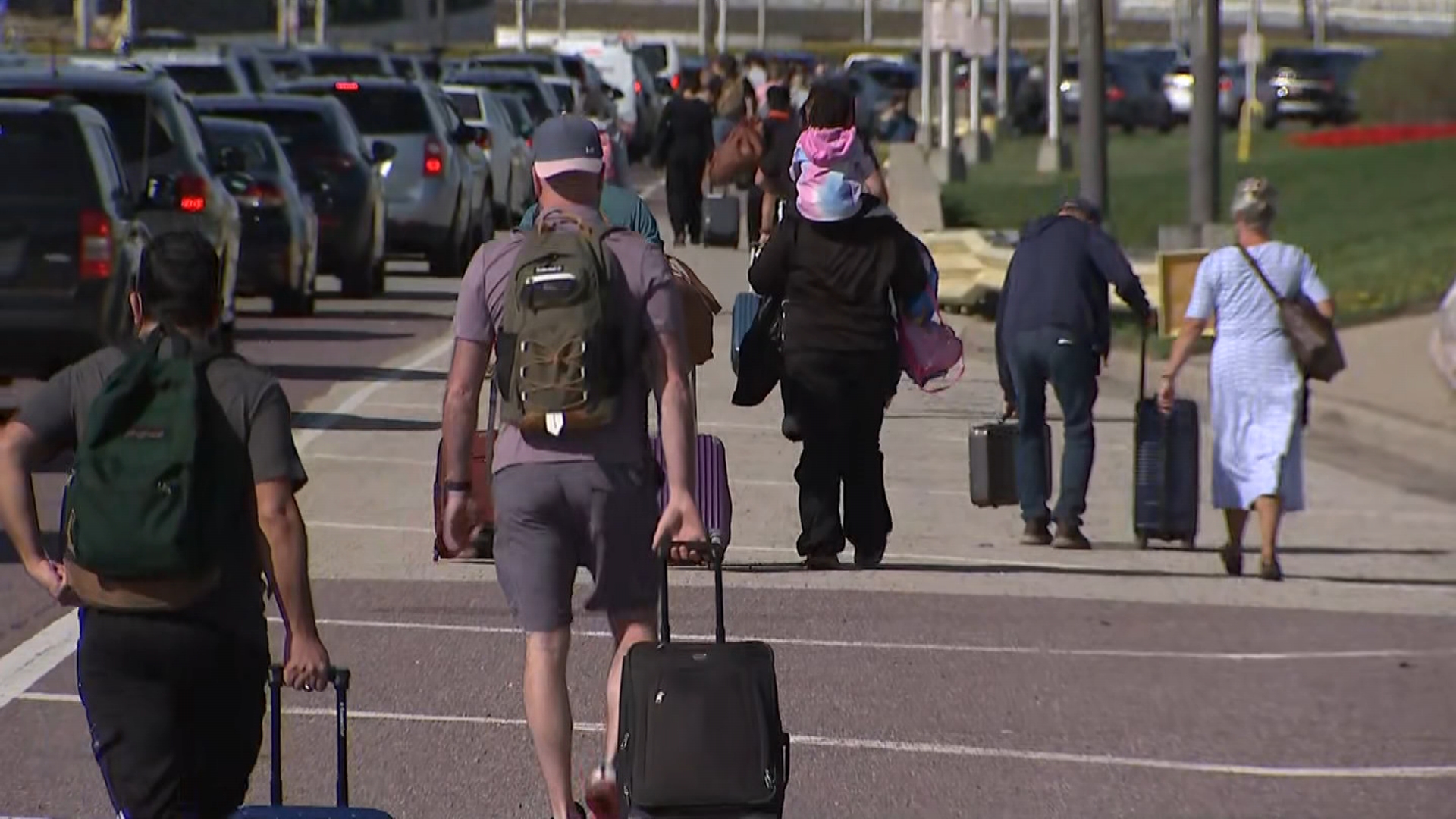They market themselves as a fast, financial fix. But now some players in the payday loan industry are accused of using the pandemic to target distressed and out-of-work consumers.
It is a situation that may be a mirror of what happened in the last financial crisis of 2009, when payday lenders were accused of aggressively courting customers who can least afford their exorbitant interest rates, as tempting as quick money might sound. Rates the Illinois Public Interest Research Group calls eye-popping.
“The average in Illinois for payday loans is upwards of 300%,” IL PIRG director Abe Scarr said.
Scarr says cash-strapped consumers don’t need steep fees right now, at a time of so much uncertainty and unrest.
“It's a very expensive and problematic proposition, but they're desperate,” Scarr explained. “What happens is that because they don't have a lot of income in the first place, are having debts they're trying to deal with, instead of being able to pay off the loan, they have to take out another loan to be able to just stay with their current.”
It is a problem that’s not likely to go away anytime soon.
The Federal Trade Commission recently cracked down on 11 payday lenders, which stand accused of pulling money out of victims’ bank accounts without their permission. The FTC says those lenders bled consumers dry. The Consumer Financial Protection Bureau says it’s logged more than 31,000 complaints about loans -- many of them payday -- since 2011.
Local
The agency now under fire for unwinding an existing law requiring payday lenders to determine whether or not borrowers can afford to pay back the loan. A move Scarr says puts profits of the payday industry over the hardest hit consumers.
“Unfortunately, the CFPB, under the more recent leadership under the Trump administration has worked to undo a lot of the previous work that the Consumer Protection Bureau was doing. We think it is going in the wrong direction,” Scarr said.
There are efforts underway to curb those high interest rates. Among them, Illinois Representative Chuy Garcia, who recently introduced a bill that would cap rates at 36%. That bill is now making its way through the House of Representatives.



